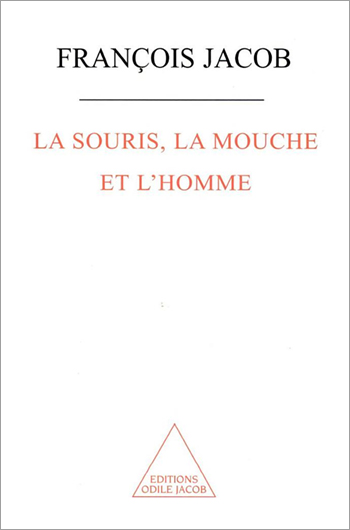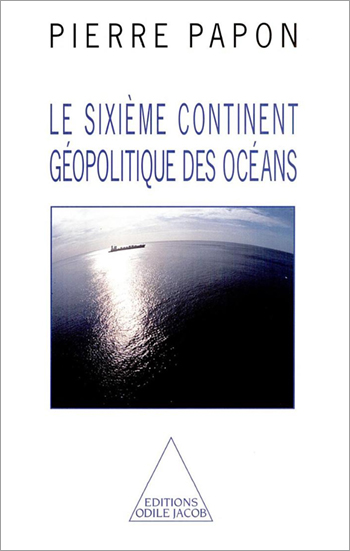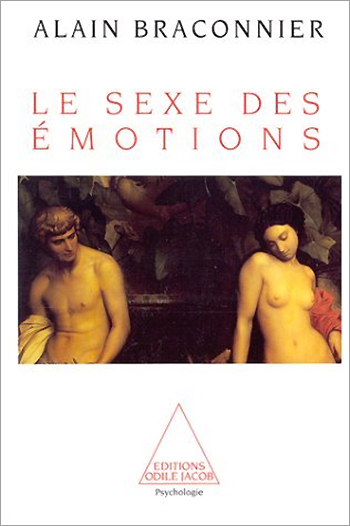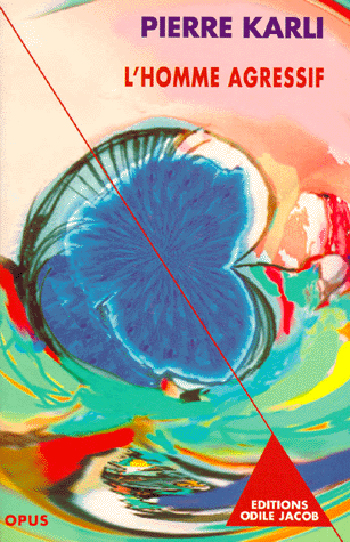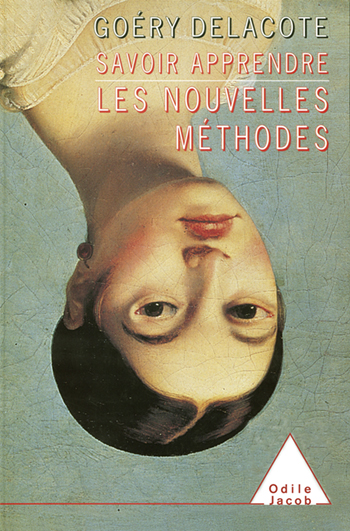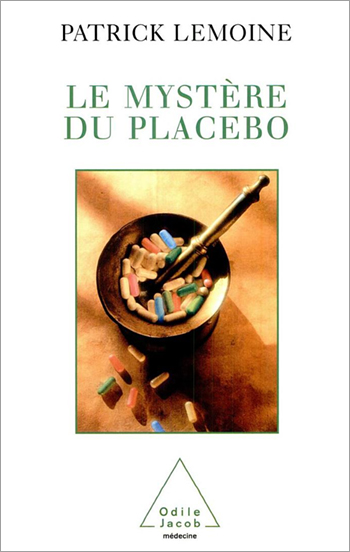Catalog All books
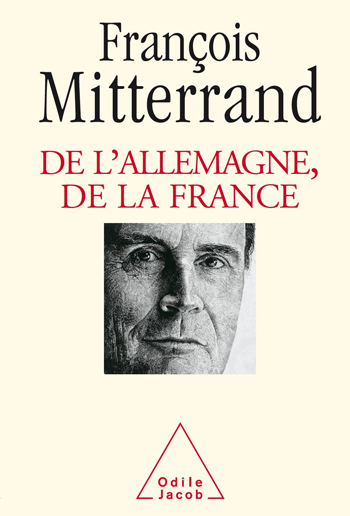
François Mitterrand
Of Germany and France
Beyond the lesson of History, beyond the political essay, this book is the moving testament of a man infused with the destiny of his country, instructed by the wars that wrenched it apart and determined to construct an open and confident Europe, one that would be capable of making History instead of suffering it.
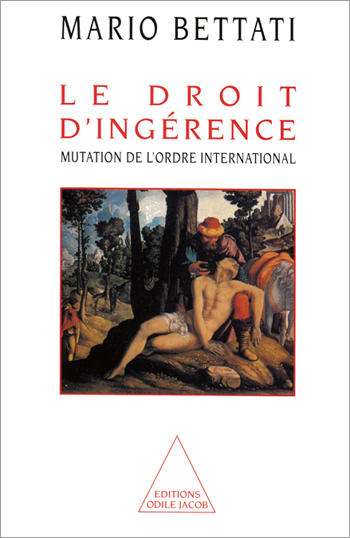
Mario Bettati
The Right of Interference Transformation of International Order
Inventor of the "right of interference", Mario Bettati, a professor of International Law, explains in this book the precise political circumstances and the legal context under which the right of humanitarian interference came about. This book is divided into four parts which follow both a chronological and a logical order. Beginning with interference as verbal denunciation, following with interference as medical assistance, he speaks of forced interference (Yugoslavia, Somalia and Rwanda) and finishes by dissuasive interference (courts for crimes against humanity and conflicts observatories). A thorough presentation of an important subject.

Jacques Fricker
The New Guide to Successful Slimming
How is it possible to lose weight safely ? How can you be sure you wont regain it ? How can being slim and healthy be reconciled with the pleasure of food ? What about the numerous methods which claim to help you lose weight : diets, proteins, sport, medications, psychotherapies, courses of treatments, surgery ? As a result of his own experience, and the most recent scientific discoveries, Jacques Fricker gives you the means to successfully slim.
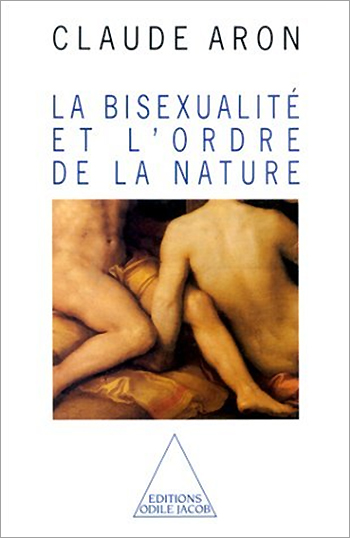
Claude Aron
Bisexuality and the Order of Nature
Our sex defines our identity before we are even named - "It's a boy" or "It's a girl" is the traditional welcome we receive in this world. Similarly, throughout our entire life, our gender defines our diverse social roles. Yet, this book shows how nature presents us with only one model, that of bisexuality. Endocrinian manipulations have shown that it is possible to change from one sexuality to another in a reversible manner. This book is key reading in the debate about the genetic character, or not, of homosexuality. Claude Aron, a specialist in in the physiology of reproduction, is also an honorary professor of the Louis-Pasteur University in Strasbourg.


